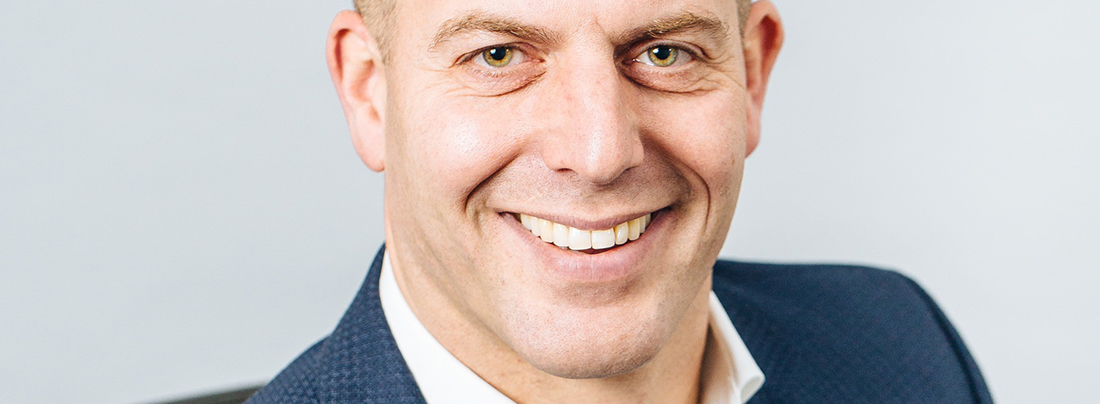State-of-the-art technology and global supply chain networks are the key to enabling the transition to circular economies. Logistics providers can be key enablers and drivers of the transition to more sustainable circular supply chains in the future.
Trillions of dollars of inventory trapped in supply chains - and very high rates of scrapping - are the hidden cost of today’s take-make-dispose model. And the cost is not just financial, but also environmental.
However, things are starting to change. Technology such as 3D printing, for example, makes local production of make-on-demand and personalised products more likely.
From a remanufacturing perspective, it is now becoming easier for people to get access to spare parts and repair products. We are seeing a shift from linear manufacturing to distributed manufacturing, and from linear supply chains to circular supply chains. The large batch units made in Asia-Pacific are now becoming modular products that are personalised and assembled close to customer demand.
This means that logistics providers are going beyond just moving products. They are now increasingly taking responsibility for manufacturing and repair, as well as the local sourcing and procurement of products. We find that once we have the skills to manufacture products, then we already have the skills to repair and remanufacture products, something we do in our facility in Dubai.
Panalpina’s warehouses in Brazil, Panama, and the Czech Republic have also been transformed into manufacturing facilities. And we 3D-print parts in our facility in London, recently completing a project with our research team at Cardiff University, where a watch repair company wanted to fix a watch but was unable to do so as they couldn’t source the parts. We printed them using our spare parts on-demand 3D printing and the issue was resolved. The product went from labelled ‘for scrapping’ to having an extended life cycle.
For companies that move products all over the world, the transition to shorter and circular supply chains is a great opportunity. And not just a commercial opportunity but also one to combine economic advantages with wider environmentally sustainable gains.
Panalpina and the entire industry can play a major part in changing supply chains from the elongated take-make-dispose supply model of today to sustainable, circular supply chains.
Dimitri Brink
Country head of marketing and sales, Panalpina Canada






